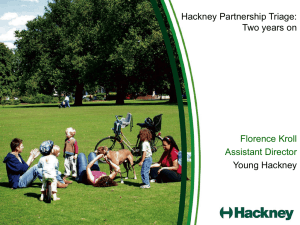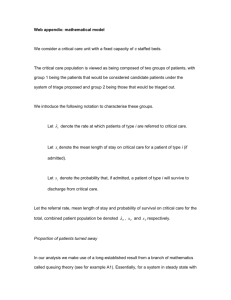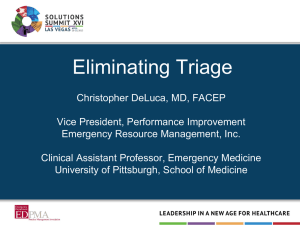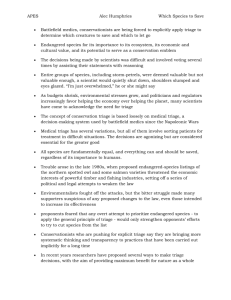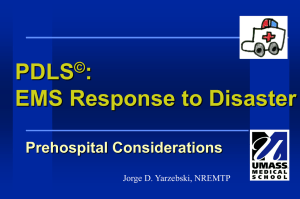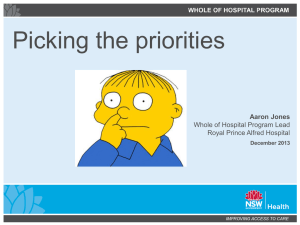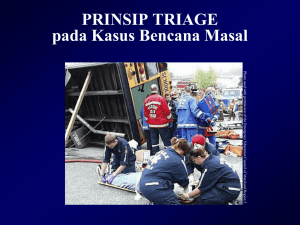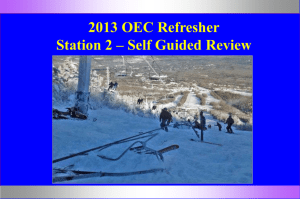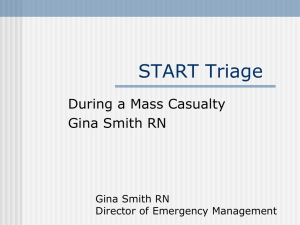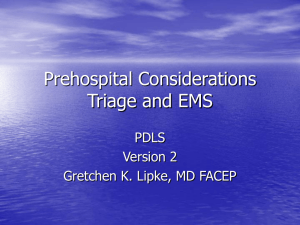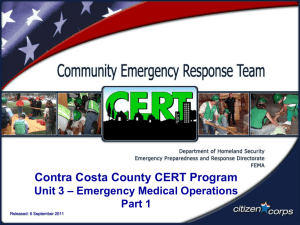Bob Janes Triage Center and Low Demand Shelter
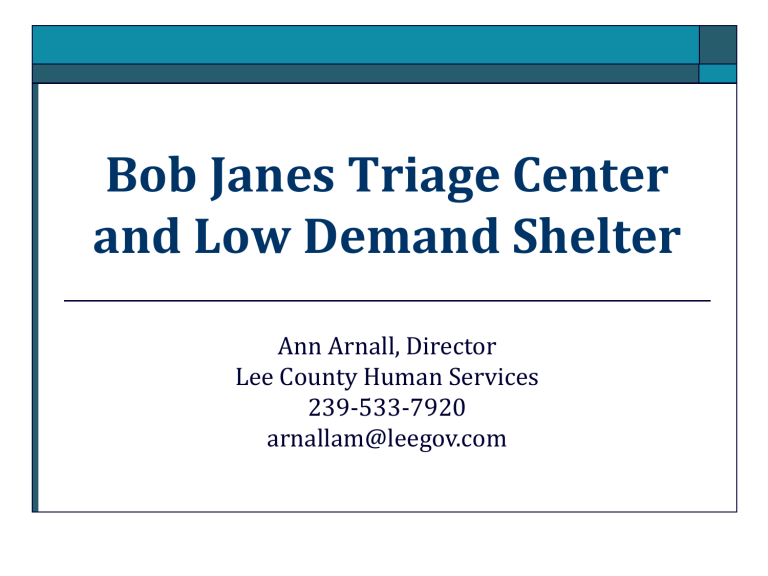
Bob Janes Triage Center and Low Demand Shelter
Ann Arnall, Director
Lee County Human Services
239-533-7920 arnallam@leegov.com
Opened April 28, 2008
Pre-Arrest Diversion Program
Voluntary alternative to incarceration and inappropriate emergency room utilization
Targets low level offenses (trespass, open container, disturbing the peace)
Primarily for individuals experiencing a behavioral health crisis who are homeless, indigent, and/or intoxicated
Compliments Crisis Intervention Training
Low Demand Shelter
Opened 22 beds in April 2008 and increased to 58 beds May 2010 using CJMHSA grant
Provides safe shelter while conducting medical and psycho-social assessments
Residents work with case manager to establish goals to accomplish
Links with community treatment programs as beds become available
The shelter provides an alternative for police officers and emergency rooms for petty offenders or intoxicated patients who may not need jail or serious medical care.
(John David Emmett/news-press.com)
Major components needed to open
Funding CJMHSA implementation grant
Building space at mental health center
Data system built on existing HMIS
Local matching funds from key stakeholders
Agency willing to run shelter component
Buy in of key community partners
Data System
Utilizes Client Services Network (CSN) –
Lee County’s Homeless Management
Information System (HMIS) to track demographic information
Admission to facility including Length of stay, referring agency, etc.
Referrals for services and housing
Criminal history
Data System
Cross referenced with local jail data system
Cross referenced with local hospital data
Florida Mental Health Institute (FMHI) cross referenced with use of publicly funded behavioral health system and
Medicaid
Policy Services and Research Data
Center at FMHI Phase I Report
Concluded that those who completed the program or left Triage for a housing opportunity or a treatment facility experience the following positive outcomes:
fewer subsequent encounters with law enforcement fewer subsequent arrests if arrested shorter length of incarceration.
Policy Services and Research Data
Center at FMHI Phase II Report
Triage serves highly vulnerable population with history of criminal justice involvement and high physical, mental health and substance abuse needs.
Cost benefit of diversion calculated to be
$220 less per individual and $68,666 per year
(not including court and police time)
Provides solution to revolving door
Case Study
22 arrests with 743 jail days in last 13 years
19 hospital encounters in five years
6 triage stays in 3 years (longest 354 days)
Jail cost $58,771 - Hospital cost $124,811 –
Triage cost - $42,626
Baker Act and Detox history
Qualified for SS disability, food stamps,
Medicaid and permanent supportive housing
Potential impact on SA/MH System
Diverting arrest may prevent person from decompensating and additional charges such as battery on LEO
Provides law enforcement alternative to arrest
Works with homeless population most of whom have criminal justice history and
MH/SA treatment history
Emphasis on stabilizing, obtaining resources and housing
Number of Triage Admissions
2,070 duplicate client admissions occurred during first three years
Facility capacity increased from 22 beds to 58 beds May 2010
Source of Referral
Number of Repeat Admissions
1,246 unduplicated clients
2,070 duplicated clients
Average Length of Stay 13 days
Who does Triage Center Serve?
77% male population (County jail is 86% male)
Gender
Male
Female
Total
79% white; 92% non-Hispanic
73% between ages of 31-60
16% Veterans
93% Homeless
Age
18-20
21-30
31-40
41-50
51-60
61-70
71-80
80 +
Not Reported
Total
# %
965 77.45%
281 22.55%
1,246 100%
# %
27 2.17%
212 17.01%
216 17.34%
351 28.17%
340 27.29%
85 6.82%
11 .88%
2 0.16%
2 0.16%
1,246 100%
Who does Triage Center Serve?
Mental Health
12.12%
Co-Occurring
25.28%
Substance Abuse
23.35%
None
31.38%
Other
7.87%
Co-Occuring
Drug Only
Mental Health
Other Disabling Condition
None
Based on self-disclosure during assessment
42% report taking medications which includes but is not limited to psychotropic drugs
Who does Triage Center Serve?
70% have prior arrest history in Lee County
64% misdemeanor
36% felony
Most common prior charges are:
Trespass
DUI
Theft
Battery
Impact on Criminal Justice System
16% of time LEO would have taken individual to jail
Diverted 332 charges
5% of people would have been charged with more than one crime
If LEO had taken to jail, most common charges would be:
Trespass
Loitering
Diverted 70 Marchman/Protective Custody
Impact on the Community
64% of time LEO would have taken nowhere
Provides access to assessment, shelter, resources and treatment for people who would have otherwise been left on the streets
3% of time LEO would have taken to hospital
Reduces impact of inappropriate utilization of emergency rooms
53% successfully linked with resources
44% Had a good exit status.
Saves Law Enforcement Time
84% of time officers spend ≤ 5 minutes
10% of time officers spend ≤ 15 minutes
93% of officers are satisfied to highly satisfied with process
34% of time individuals are brought by a
CIT trained officer
Legend
Triage Center
LCSO
Ave. Dist. 7.35 Miles
123 Pick Ups
FMPD
Ave. Dist. 3.24 Miles
538 Pick Ups
CCPD
Ave. Dist. 9.64 Miles
51 Pick Ups
Other Agencies
Ave. Dist. 6.47 miles
7 Pick Ups
S a n i b e l
G u l f
o f
M e x i c o
Triage Center Law Enforcement Referrals
C h a r l o t t e
75
41
C a p e C o r a l
F o r t M y e r s
G l a d e s
H e n d r y
T o w n o f
F o r t M y e r s
B e a c h
41 75
B o n i t a S p r i n g s
C o l l i e r
Sources:
Triage Data - Lee Cnty Dept of Human Srvcs
0
Date: May 2010
1
Miles
2 4
Funding Sources
CJMHSA Implementation Grant $997,698 (3 year period)
CJMHSA Expansion Grant $750,000 (3 year period)
Local Match $2 million (3 year period) from Lee
County BOCC and project partners
Federal stimulus funds used to expand facility
FDLE Byrne Grant funds operating expenses
Veteran’s Administration per diem contract
Cost is $68 per bed per day
Key Stakeholders
Lee County BOCC – administers grant and provides local match funds
Salvation Army – operates low demand shelter
Lee Memorial Health System – provides nursing staff, medical supplies, and some meals
Lee Mental Health Center – provides facility, oper. and maint., meals, and intake clinician
Southwest Florida Addiction Services – provides intake clinician
United Way – provides match funds for meals
Local law enforcement
NAMI
http://triage.leegov.com/
Questions
For additional information please contact
Ann Arnall, Lee County Human Services
2440 Thompson Street
Fort Myers, Florida 33901
239-533-7920 arnallam@leegov.com

